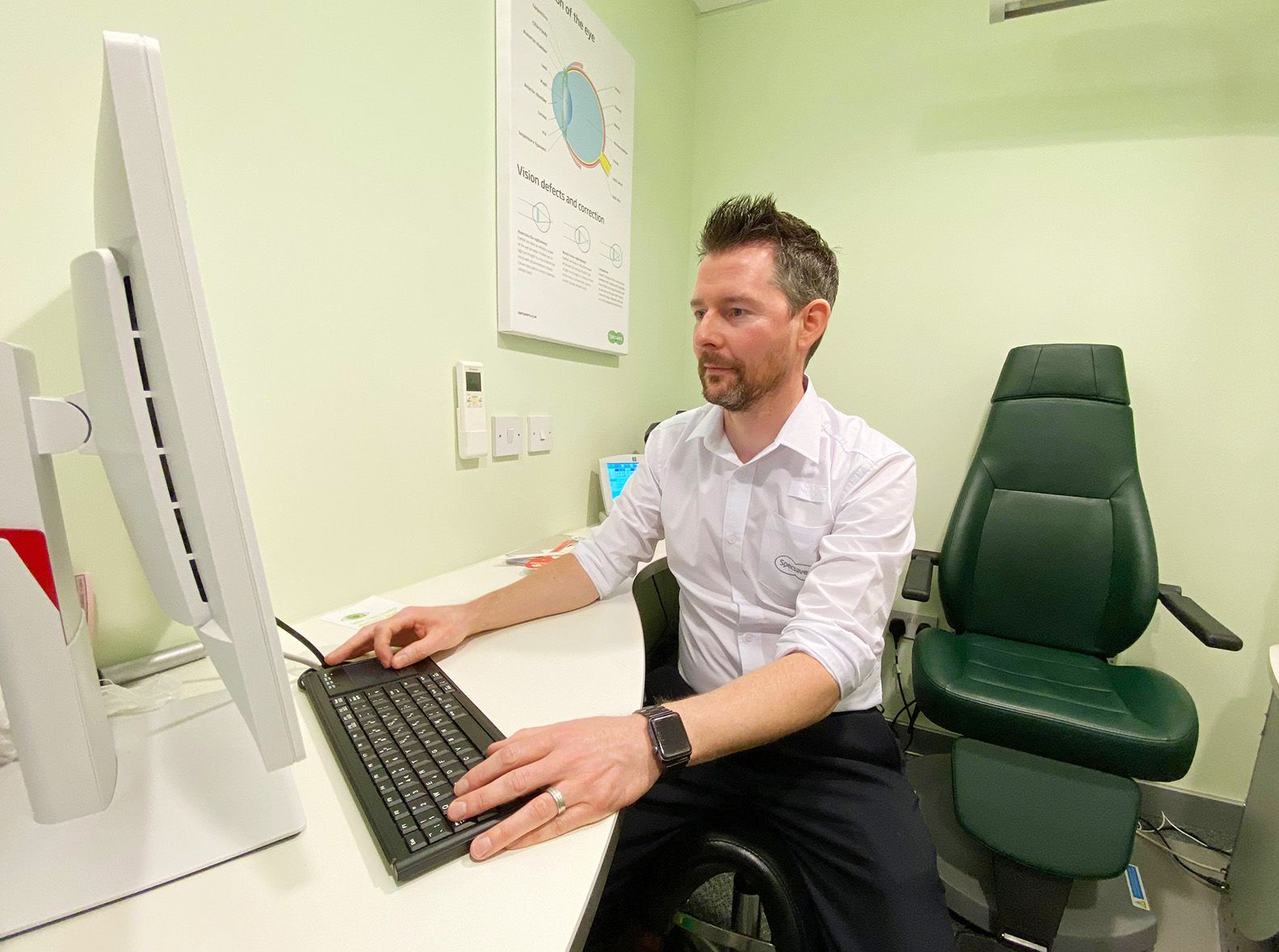A QUARTER of over-50s in the North admit to struggling with feelings of loneliness following the Christmas break, according to new research by Specsavers audiology and home visits services.
Long, dark winter nights are the most common factor (77 per cent) with many staying at home to avoid the cold weather. However, a lack of visits from friends and family (46 per cent) following the Christmas break is also a big contributor, with 12 per cent saying they’ve spoken to their family fewer than five times since the festive holidays.
Hearing and vision loss also play a key role in creating feelings of isolation, and these issues were further brought to the fore over the Christmas period. Close to half of people (41 per cent) said they’ve noticed their hearing has deteriorated, as well as their vision (47 per cent), in the past five years. Both further exacerbated feelings of loneliness, with 38 per cent saying they felt left out of conversations because of not being able to see or hear what a loved one is saying.
The poll also revealed that nearly half (48 per cent) of people in the North felt embarrassed after failing to hear someone correctly and 10 per cent say it had a negative effect on their self-esteem.
As a result, they’re further isolating themselves to avoid awkward situations – over a third try to save face by nodding along (43 per cent) and 14 per cent have gone as far as avoiding social occasions altogether.
Despite declining vision and hearing, only eight per cent have gone on to book a hearing test and 24 per cent an eye test. With the suffering of many going undetected, friends and family play a key role in spotting the signs.
To help, Specsavers has teamed up with body language expert, Judi James, to share advice, which includes the less obvious signs to look out for in January and February.
“Factors such as having the television turned up too loud and asking people to repeat themselves are the all-too-common indicators of hearing and vision loss,"she said, "but there are some lesser-known behaviours to look out for. For sight related issues, people typically screw their eyes up more to get things into focus.
"When it comes to hearing, nervous laughs or smiles can be a sign of covering up that they have misheard. They can also be seen to be leaning forward or sucking their lips in to help concentrate and, in some cases, you’ll see people withdraw from conversations completely as they struggle to cope.”
Specsavers’ Home Visits Clinical Director Dawn Roberts added: "With Specsavers’ audiology service now in its 20th year, this is a trend we see still see all too often. With older generations struggling with feelings of loneliness due to poor vision or hearing, it’s an issue only further exacerbated as family and friends go back to their everyday, busy lives following the Christmas break.
"Taking small steps like having an eye test or hearing test can help immensely in getting your hearing and vision back on track and in turn, help you feel more confident in social situations.
For those unable to visit a high street store, Specsavers offers a Home Visits service which has now been running for the past ten years. The offering sees opticians travelling across the country to provide full and thorough eye tests for patients who are unable to visit their opticians unaccompanied. We are also beginning to expand our Home Visits service to provide at-home hearing tests for customers in key locations across the UK.
"We always go the extra mile for our patients to ensure they feel supported.”
To book an appointment or find out about the audiology and Home Visits services, visit the Specsavers website.








